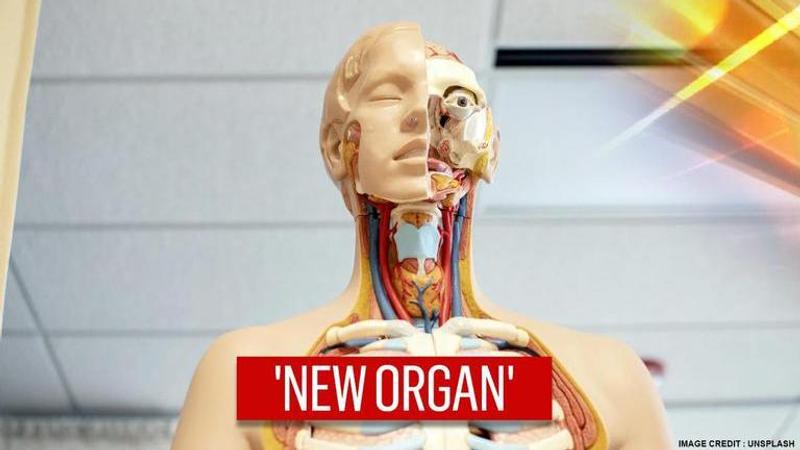Published 19:14 IST, October 21st 2020
Scientists accidentally discover 'previously overlooked' salivary glands in human throat
In a remarkable development, researchers in the Netherlands have accidentally discovered a potential “new organ”, a pair of salivary glands in the human throat.

In a remarkable development, researchers in the Netherlands have accidentally discovered a potential “new organ” in the human throat. As per the study published in the journal Radiotherapy and Oncology, the scientists discovered a new set of salivary glands deep in the upper part of the throat while researching about prostate cancer. The glands are probably responsible for lubricating and moistening the upper throat region behind the nose and mouth.
However, the team of researchers including the ones from the Netherlands Cancer Insitute (NCI) just happen to stumble upon these previously unknown organs. Moreover, scientists even examined at least 100 other patients to confirm their findings before publishing them online. They wrote that the neck region in humans contain “previously overlooked bilateral macroscopic salivary glands” and named them as “tubarial glands”.
Image credits: sciencedirect.com
How did the discovery take place?
As per a Sky News report, thee newly-discovered glands were found while the researchers were scanning to look for prostate cancer cells using a combination of several Computed tomographies (CT) scans and positron emission tomography (PET) scans. This type of technique requires scientists to inject the patients with a radioactive tracer which binds to the protein PSMA. This protein elevated in the prostate cancer cells. Notably, this same combination of scans is also appropriate for identifying salivary gland tissues as they are also high in PSMA.
Image credits: sciencedirect.com
However, medical professionals usually avoid the treatment of cancers in the head and neck through radiotherapy as it might be damaging to main salivary glands. But, these recently discovered glands were still getting hit by radiation as the doctors were unaware of their existence. This further led the patients to suffer from unexplained side effects. Therefore, the researchers believe that sparing these glands during the radiotherapy might contribute to improving the lifestyle of patients.
The researchers concluded, “The human body contains a pair of previously overlooked and clinically relevant macroscopic salivary gland locations, for which we propose the name tubarial glands. Sparing these glands in patients receiving RT may provide an opportunity to improve their quality of life.”
Updated 19:13 IST, October 21st 2020





